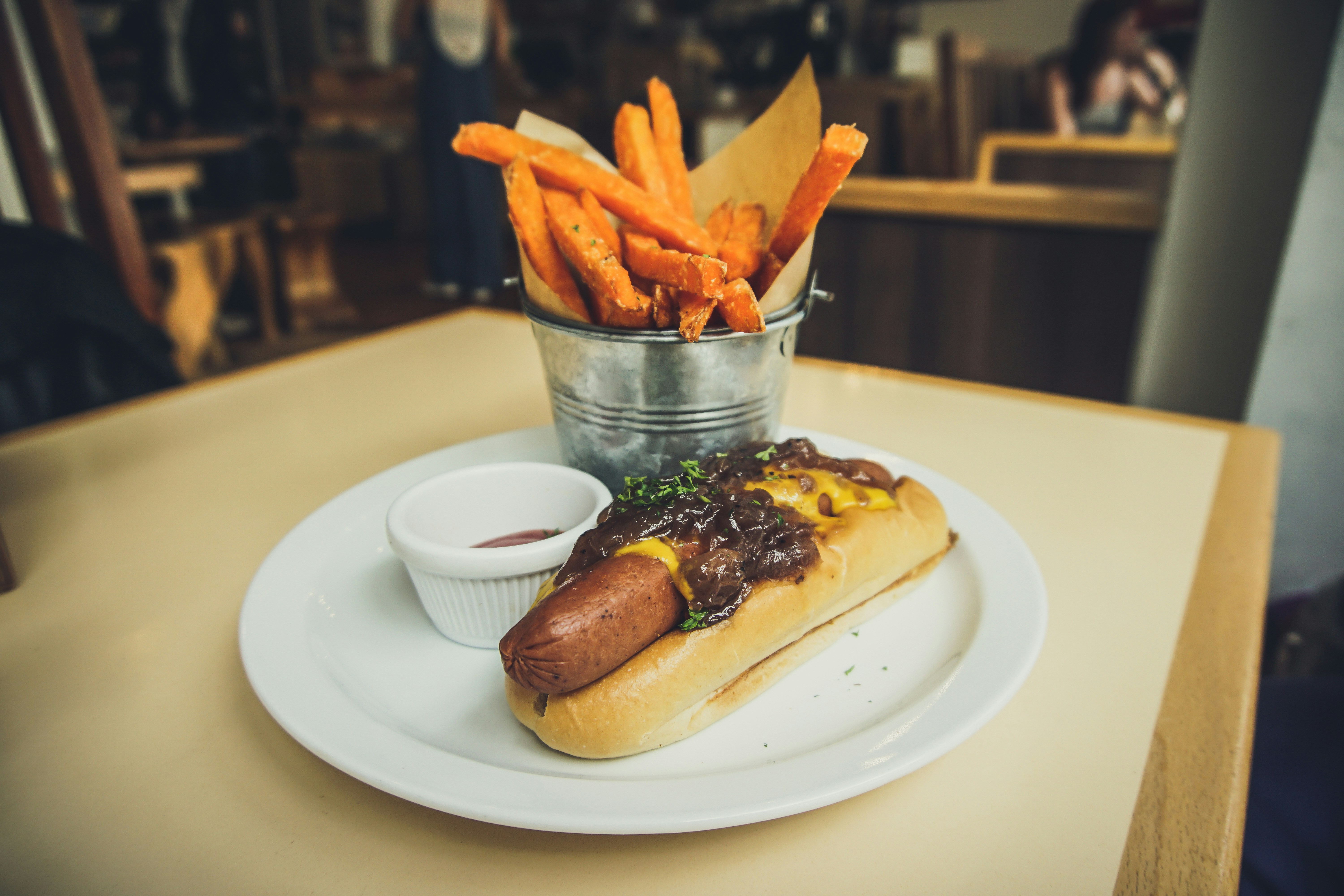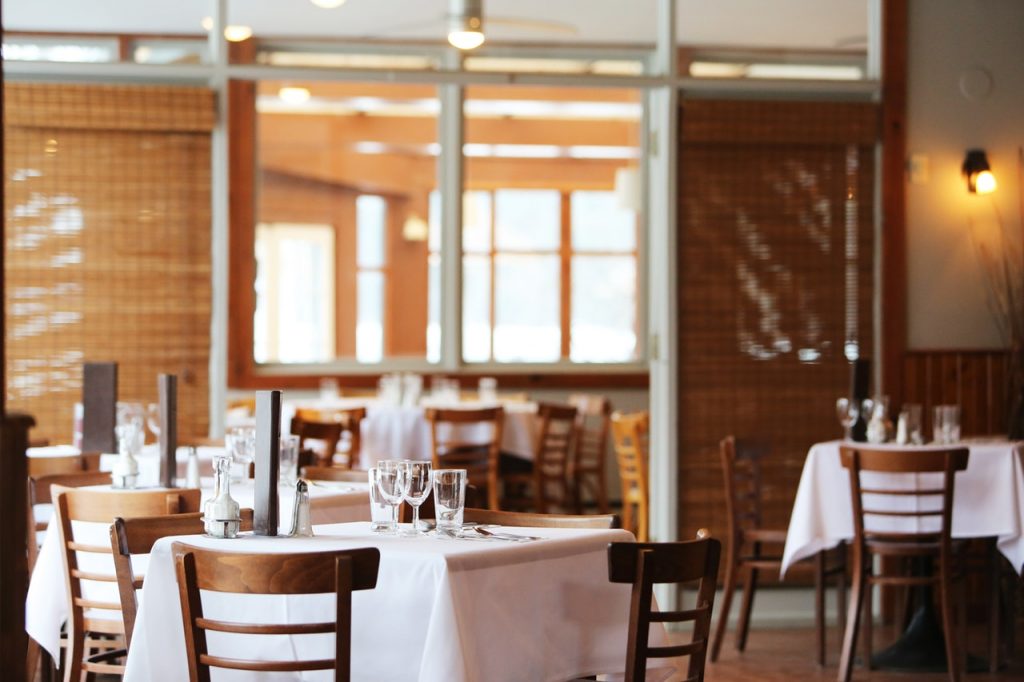Your lifelong dream of opening your own restaurant is on the horizon. You’re ready to work for yourself, be in charge of how much money you make, and, most importantly, run your own kitchen. Outside of making a business plan (all restaurant owners should create one), here are five important things you need to know when it comes to opening a restaurant.
Consider the Costs
It should go without saying, but starting a restaurant, whether it’s on wheels (food truck) or at a physical location, isn’t cheap. There’s an endless amount of costs to consider, such as the building, kitchen equipment and supplies, processing systems, employee salaries, marketing, and the list goes on.
Have you ever thought about the grease and how it’s properly exposed? Most first-time owners likely consider the rental prices, kitchen equipment, inventory, and employee salaries, but what about incorporating a grease trap service? There are typically regulations for properly handling grease. The point being, you have to consider all costs of opening and running a restaurant—and we don’t mean to discourage owners, we’re simply trying to prepare them.
Your Location Is Invaluable
You could serve the best food in the world, but it won’t mean anything, at least from a business standpoint, if you don’t have any customers because no one knows you exist. Location is everything in the restaurant business world. Ideally, your location will be in an area that receives a lot of foot traffic. Of course, that could mean higher rent prices for your building. Location and rent prices are why many aspiring chefs are deciding to open food-truck businesses, but there are still regulations and rules food trucks need to follow as they’re not allowed to park wherever they want.
Incorporate Branding and Marketing Before You Launch
Although the location could be one of your most valuable weapons, branding and marketing (no matter where you’re located) are important ingredients as well. Not to mention, you should start incorporating branding and marketing before you launch. While there are many entrepreneurs, writers, self-help gurus, etc., who focus on branding and marketing instead of putting in the actual work first, you need to tell people about your restaurant so they’ll know when your grand opening is and that you exist.
What do you want your company’s story to be? What do you stand for? This all plays a role in your branding (as well as what you cook and serve) and should enter your marketing campaigns. Tell prospective customers who you are and why they need to eat at your restaurant once it’s opened.

Create a Unique Concept While Comparing It to the Competition
Many restaurant owners stick to family recipes as their food concept. That’s all well and good, but you should still study the competition. After all, if there are already many established Italian restaurants where you want to set up an Italian restaurant, then it’s going to be hard to outperform them as many people prefer to eat at places they’ve already been to and trust.
Nonetheless, you should still study the competition to see how they run their businesses, how they display their menus, what services they’re offering, and the list goes on. You might be an amazing chef and business owner, but you need to know as much as possible about your industry before entering.
Get Serious About Your Staff and Team
Small business owners hire family members for many reasons; they trust them or can pay them less money than someone with more experience. If your family members have experience in the food industry and know what they’re doing, then, by all means, hire them. That said, you’re starting a business and you should hire people with experience and ones who show promise. Cooking, hosting, and serving customers might appear to be “easy” jobs, but there are certain skills that go into each one.
You wouldn’t hire a family member with no experience to do your taxes, would you? We hope you’d hire a professional who has experience and knowledge in the field. And someone who can even help you with tax folders to dress up your work and deliver professionalism and quality to clients, vendors, employees, etc.
Countless business owners surround themselves with experts. The food industry shouldn’t be any different.








